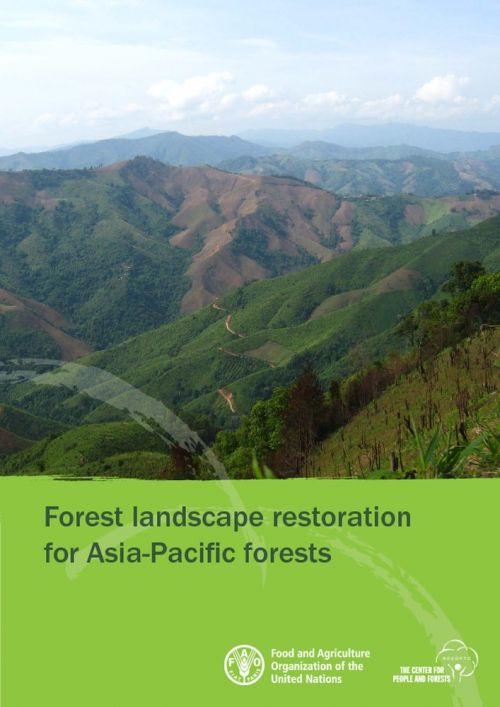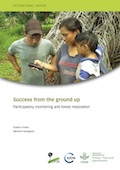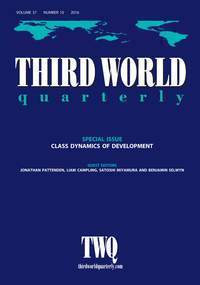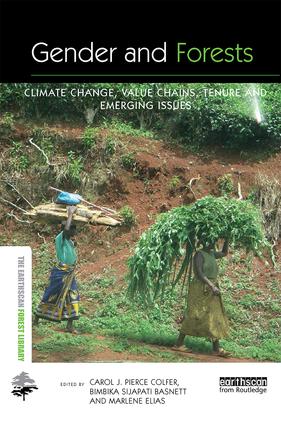South Africa’s drought preparedness in the water sector: too little too late?
South Africa experiences droughts on a regular basis, often associated with significant negative impacts on society and the economy. Droughts can be forecast, and South African climate scientists have been developing computer-generated models to forecast El Niño-induced droughts. Even so, there is a tendency to implement remedial interventions when droughts occur, rather than implementing proactive and preventative strategies. Being reactive seems to be a defining feature of South African water-resource management. This has also been the case with the 2015/2016 drought.






